Looking Backward, Looking Forward
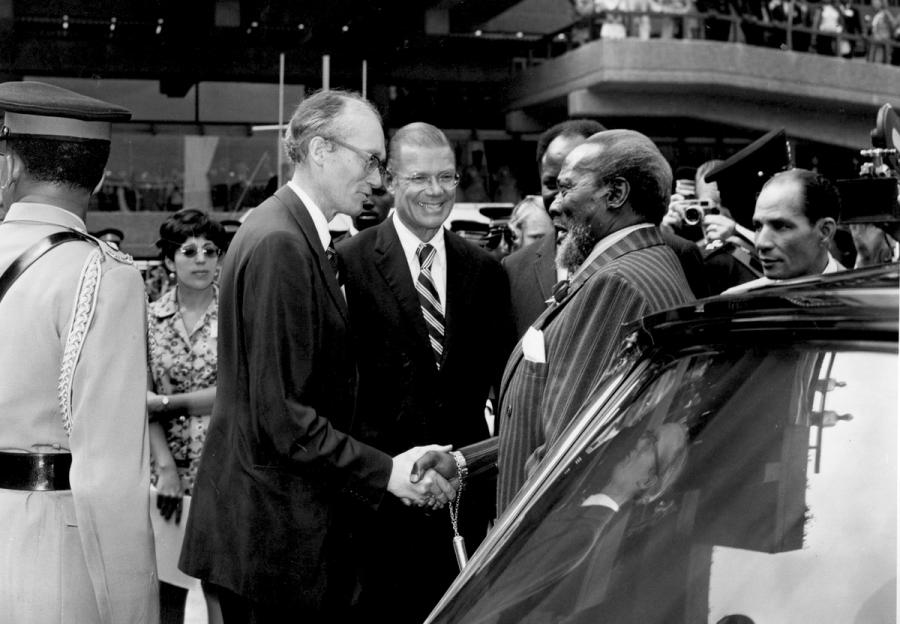

The IMF at 80
“The point in history at which we stand is full of promise and of danger. The world will either move toward unity and widely shared prosperity or it will move apart into necessarily competing economic blocs.”
Franklin D. Roosevelt, Message to Congress on the Bretton Woods Agreements, 1945.
These words delivered by US President Franklin D. Roosevelt in the closing months of World War II, supporting creation of the IMF and the Bank for Reconstruction and Development (later the World Bank), are as fitting today as when first delivered.
Eighty years on, the world faces many of the same challenges as it did at the IMF’s inception: a war in Europe and rising populism and protectionism, on top of potentially disruptive global trends.The choice remains the same: international cooperation and shared prosperity, or a world of competing economic blocs.
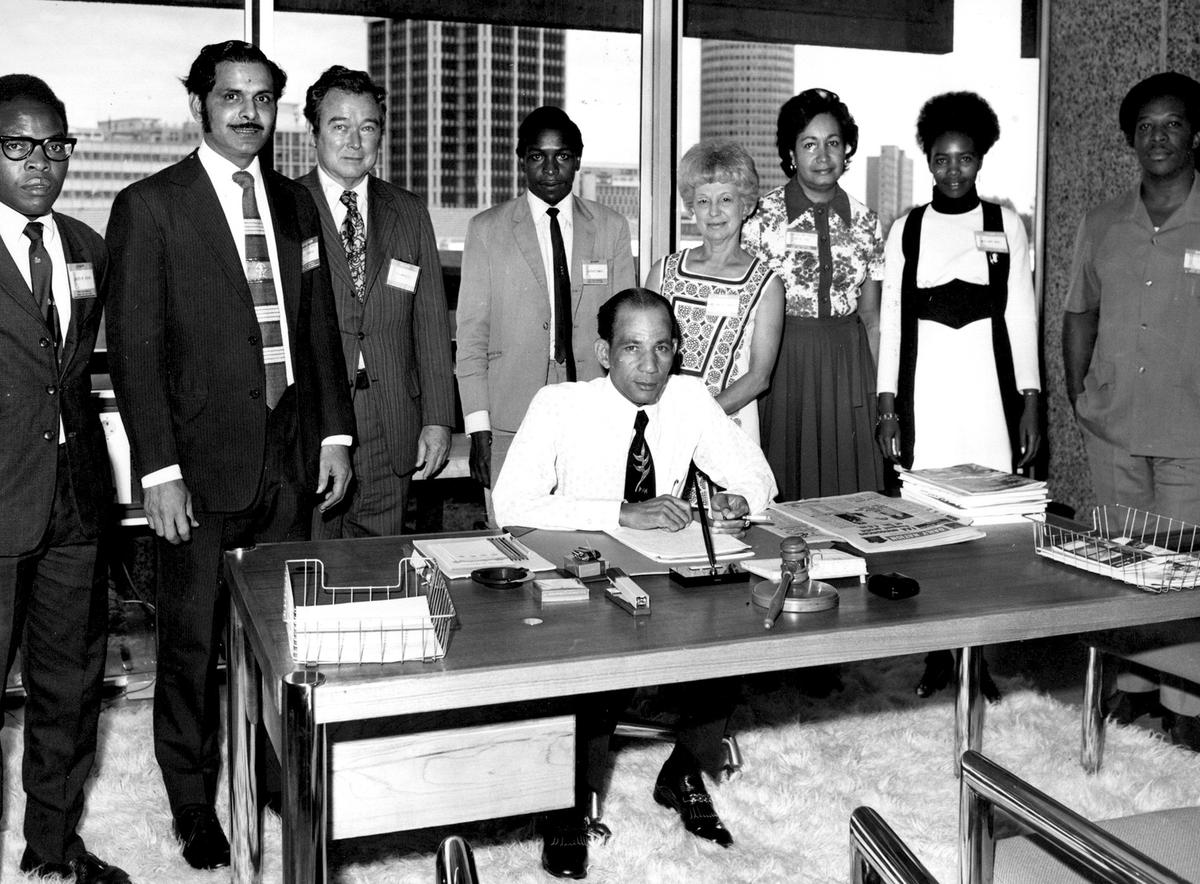
The IMF has always defaulted to multilateralism and collaboration. It has been a transmission line for good policy and cooperation. To do this successfully, it has evolved in the face of changing circumstances. The four sections of Part One included in this year’s Annual Report, illustrate how in the past financial year alone, the IMF has calibrated its policy advice, lending, capacity development, and processes to adapt to a fast-changing world.
But it cannot stand still. It must and will continue to ensure that it remains a Fund for the Future. The election of the 25th chair for sub-Saharan Africa, illustrates the IMF’s evolving representation to reflect a changing world. Through prudent management and the support of the membership, it must be a Fund with the financial strength for a changing world and an IMF that continues to bring members together through lending, surveillance, and capacity development.
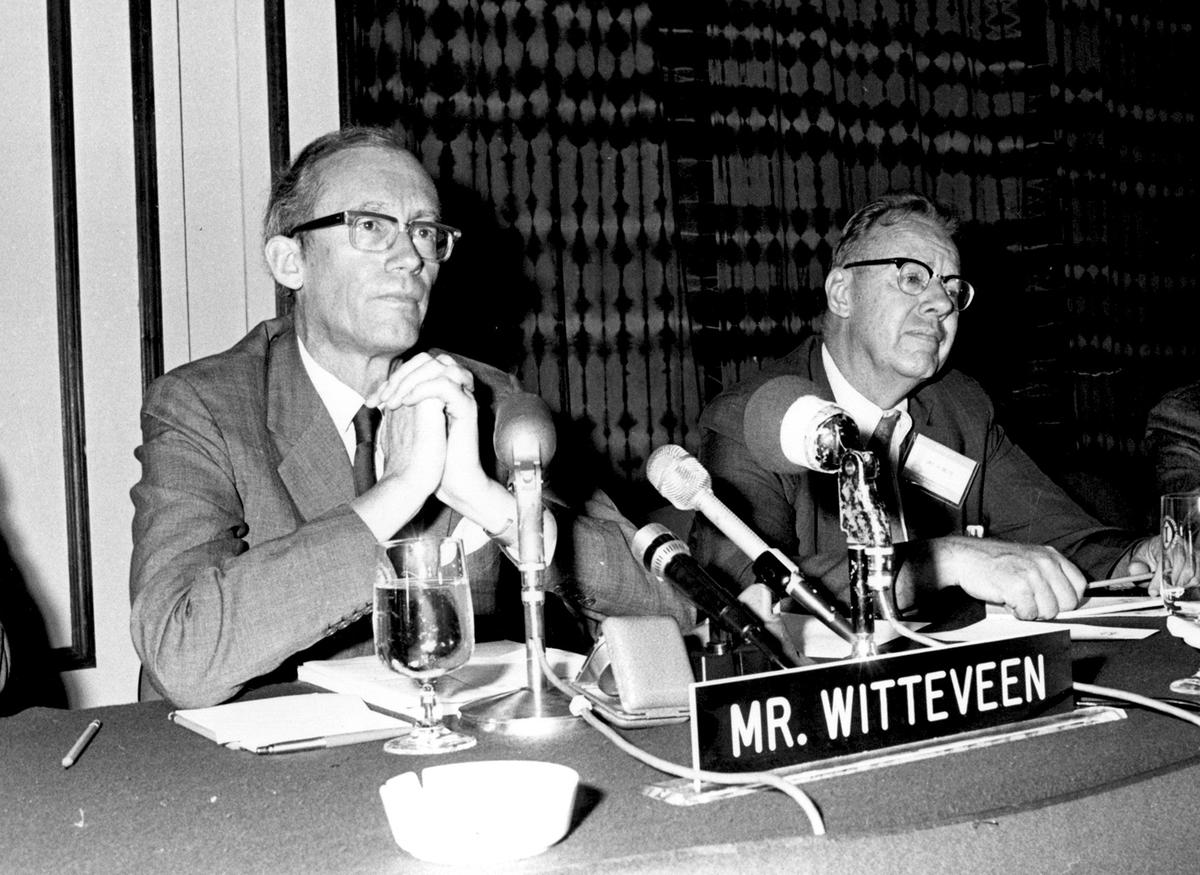
The IMF will continue to deliver on its mandate of macroeconomic and financial stability not just as a provider of financial support but as a strategic partner providing good macroeconomic guidance and as a “trusted advisor”. This is essential because good macroeconomic and financial policies are the foundation for growth and employment. They help countries lift their economic prospects in a world confronted by transformational challenges.
The IMF is also committed to supporting its members with analysis of the way challenges including climate change, inequality, and new technologies affect macroeconomic and financial stability. The IMF will do this in partnership with other organizations, including its sibling, the World Bank.
Continue Reading
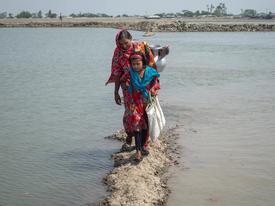
Lending
Provide financial assistance to member countries to address balance of payments issues, including foreign exchange shortages.
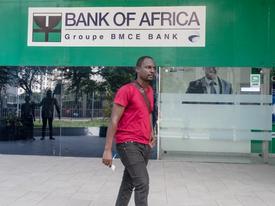
Capacity Development
Provide technical assistance and training to help member countries strengthen their economic institutions and implement sound economic policies.
